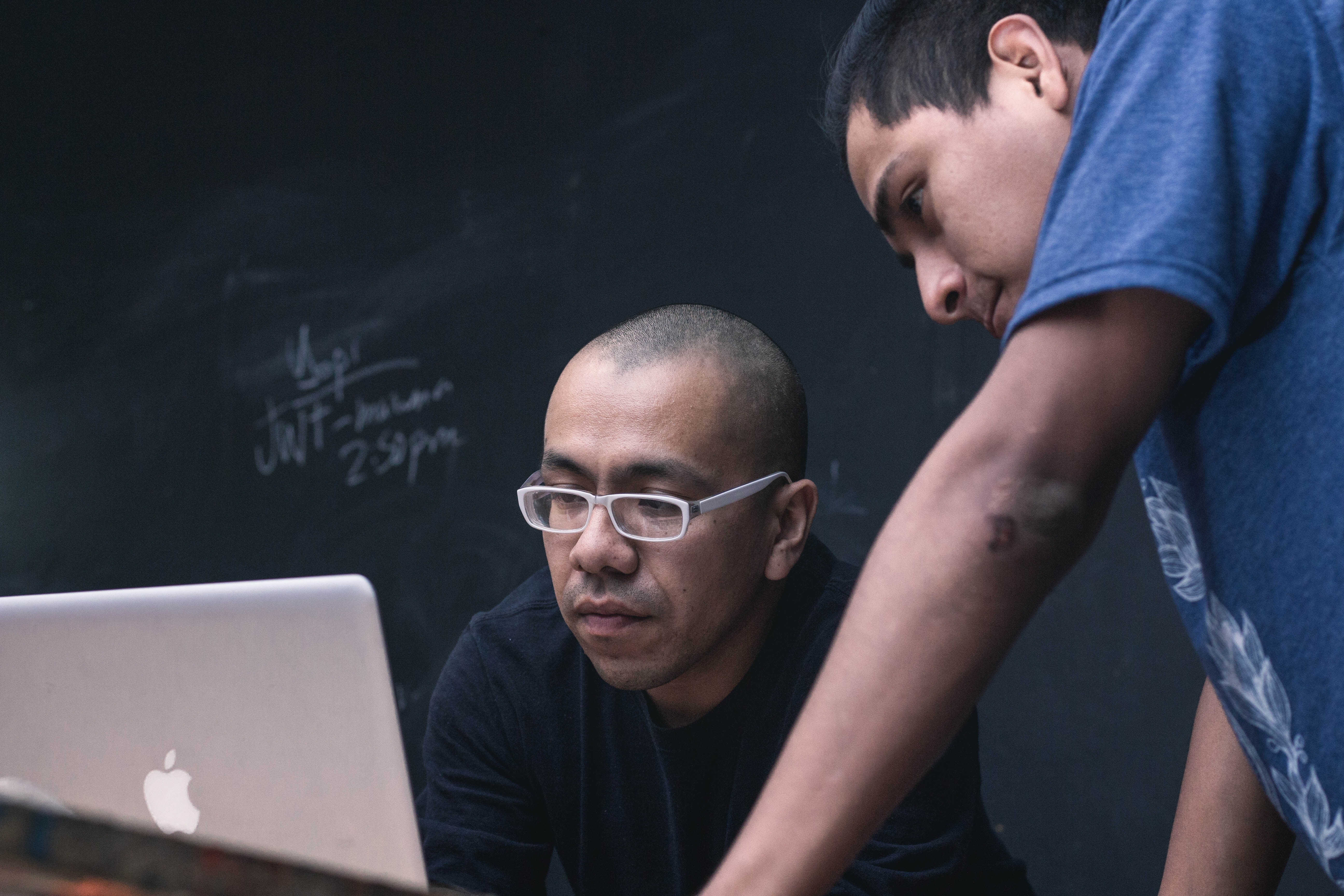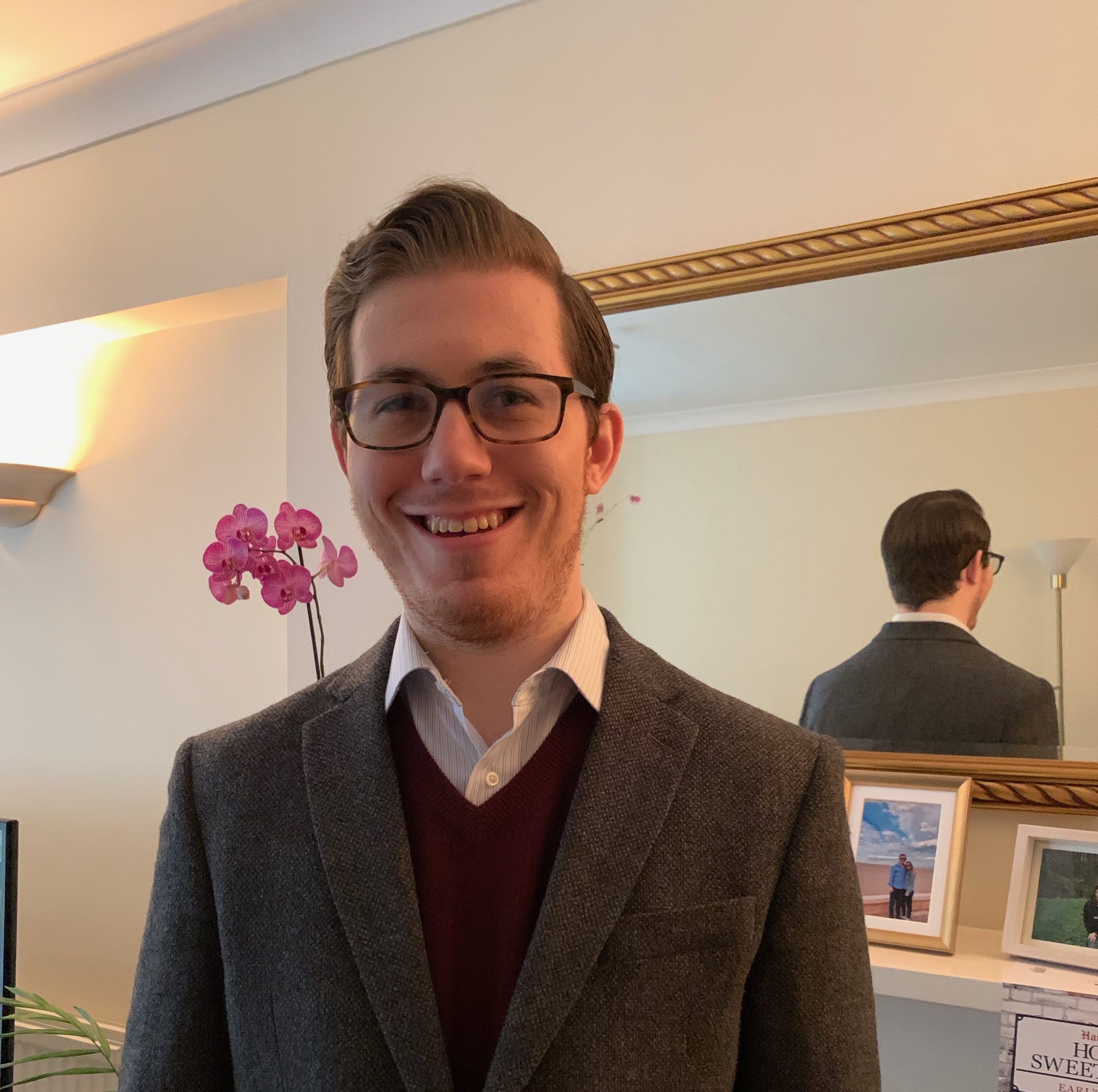This past summer flew by as the warm weather came and went and we head into a new academic year. I had a whirlwind of a summer, but it was capped off teaching Session Three of LSE Summer School this August. After teaching for the first time during the 2020/21 academic year, I brought the skills I learned then to Summer School. After originally being supposed to teach on Summer School last summer but missing the chance due to its cancellation stemming from the COVID-19 pandemic, it was great to have the opportunity this time around. What followed was an incredibly fast-paced three weeks of teaching, but it was a fantastic experience.
During Session Three, I taught IR100: Great Thinkers and Pivotal Leaders – Shaping the Global Order. This course was basically a rapid introduction to international relations. Now it was rapid because we had to fit an entire semester’s worth of content into less than one month, but the course was still very comprehensive. Students who took the course received a detailed overview of the development of the international system over the last 3 and 1/2 centuries. We talked about folks as varied as Adam Smith, George Washington, John Maynard Keynes, Mahatma Gandhi, Mao Zedong, Winston Churchill, Josephine Baker, Karl Marx, Franklin Roosevelt, and Mikhail Gorbachev. The main objective of the course was to get students to think about how these individuals influenced and were influenced by the international system.
We asked our students to consider three main questions and their effects on international politics: structure vs. agency; material vs. ideational variables, and politics vs. economics. As we explored these leaders and thinkers, we consistently came back to these three questions to grapple with which mattered more in each case.
When I started teaching the course, I expected it to be challenging mainly due to its quick nature. And indeed it was in that respect, even though I grew accustomed to it. Yet I had an amazing time teaching and working with my students on this material. I had a very diverse group of students who came from all over the world and brought their unique perspectives to the class. They challenged the material and were challenged by it. They worked together to understand it and learn. I was deeply impressed by their camaraderie and teamwork. It helped make it an absolute pleasure to be their teacher during that three weeks.
Overall, teaching LSE Summer School was a fantastic experience. I really came full-circle because I had been a Summer School student myself back in 2014. At the time, I never expected I would be on the other side of the classroom one day as a teacher, but sometimes life takes you in unexpected directions. If you’re thinking about taking part in LSE Summer School next year as either a student or teacher, I highly recommend you do it.





